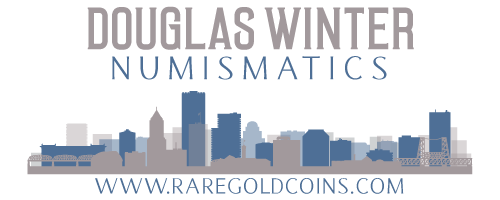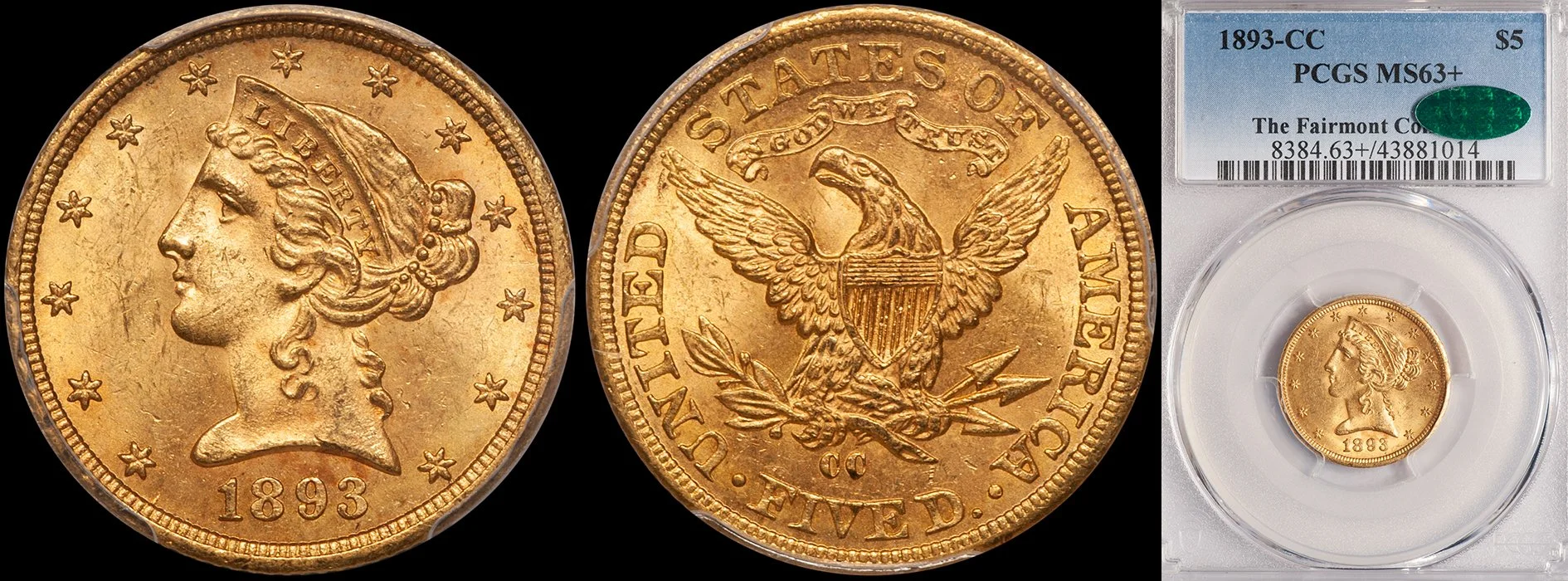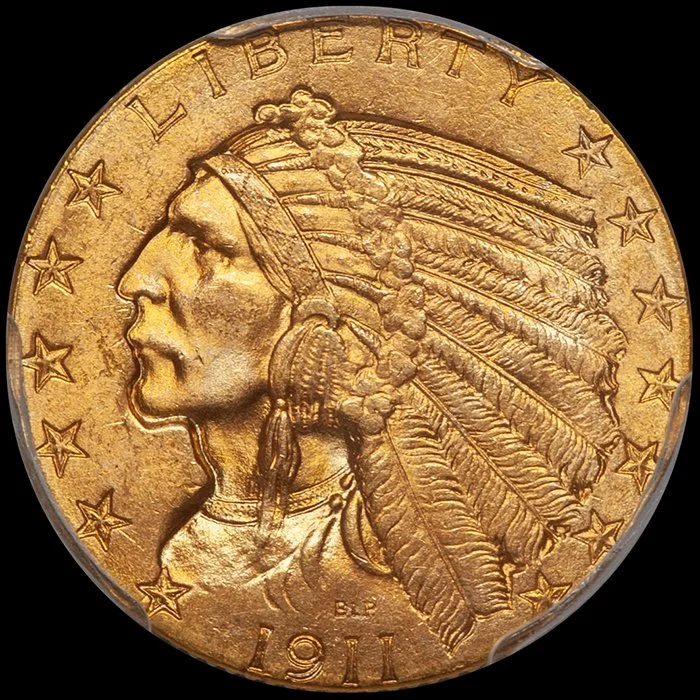The Five Year Hold
/Back in the Old Days of coin collecting (say 1998...) we dealers continually preached the mantra of the Five Year Hold. What the Five Year Hold said was that in order for your coin purchases to have a chance to mature financially (a euphemism, of course, for making a little dough...) you needed to hold your coins at least five years. But in the Age of the Internet, this maxim seems to have gone the way of the numismatic fixed price list.Revisiting this maxim in 2008, perhaps our sage advice wasn’t so anachronistic after all. I personally believe that many collectors have been fed unrealistic expectations by auction companies and large retailers and that they honestly believe that a coin they purchase in 2008 can—and should—be flipped in 2009 for a profit.
It’s hard to argue with the auction companies when they show you results like the 1805 quarter dollar selling for $402,500 in 2008 after bringing $74,750 exactly a year earlier. I mean every coin in this market is going to show a 5 ½ fold increase in a year, right?
I would contend that for every one of the incredible grand slams like the aforementioned 1805 quarter, there are other coins that show minimal appreciation after a short holding period. In fact, it is more likely that the typical coin is actually worth less after a year than its purchase price. Which is why the Five Year Hold might not be such a bad strategy to (re)consider after all.
Let’s say that you decide to put together a set of Type One Liberty Head double eagles. If you came to a specialized dealer and said that you wanted to complete your set in a year my guess is that the answer you’d get would be somewhere along the line of “well, it could be done but you’d have to cut some corners.” But I’m willing to bet that there a number of less ethical dealers who figure “hey, the guy is going to spend his money with someone so it might as well be me.” And our new collector would probably then be off to the races.
A year later Mr. Double Eagle is done and, if form holds, he’s already bored and looking for something else to do. So he’s ready to sell. Overlooking the fact that he’s probably bought more than his share of dud coins because he was in such a rush, he’s likely to learn the hard way that his collection, while no doubt very valuable, might not bring him the insta-profit that he was promised.
When you hold coins for a very short period of time, you run into at least three problems:
1. Your collection isn’t fresh. The chances are good that at least some of your coins have come directly (or indirectly) from auctions and can easily be pedigreed from these sales. Other coins may have bounced around from dealer to dealer and have a “staleness factor” that only insiders in a specialized market area are aware of. By holding your coins for at least five years, suddenly they appear a lot fresher. Most coin collectors and dealers have relatively short memories and 2009’s stale set of , say, Indian Head half eagles could well be fresh and interesting in 2014.
2. You are paying fees coming and going as a collector that you have to recapture before you can make a profit. Let’s say you are a newbie and you are exceptionally lucky to have hooked up with an honest, knowledgeable dealer who sells you very nice coins at competitive prices. You are still likely to be buying coins at 10-20% above this dealers cost. And when you go to sell your coins, you are going to be paying anywhere from 5% (unlikely) to 20%. So even in a situation where the collector is dealing with someone very fair his in/out fees are at least 15-40%. That’s a big hit to make up in a year and this is another reason why longer terms holds make sense. And that’s not even taking into consideration the fact that most collectors never find these trustworthy, honest dealers and wind-up dealing with the big budget, big mark-up guys.
3. By going in and out of an area quickly you are not allowing a full market cycle to occur. Chances are, collectors who rush into a series are doing so because of a promotion and the series in question has already begun an upward climb. Unless this is a series with a strong collector base that can maintain an upward climb without external stimuli it is likely that by the time the collector is ready to sell, the train has already left the proverbial station.
The reason that #3 has not always held true to form in recent years has been the phenomenon of the Set Registry. I can think of a number of sets that have been assembled quickly and then sold for a good profit to Registry Set collectors. But what if your set was the dumping ground for other quickly-assembled sets and there is no one else waiting in the wings to clean up after your mess?
The bottom line is that serious, high level coin collecting is more complicated than most new collectors and investors think and it is extremely important to find a trusted professional to work with you when assembling a set.










